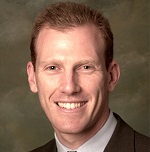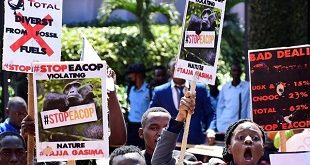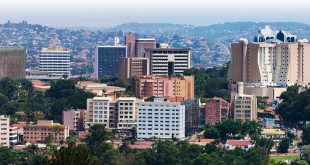
Why those who optimally mix what AIs and humans each can do best will be champions in the new economy
COMMENT | JAMIE METZL | Everywhere we look nowadays, we find warnings that artificial-intelligence algorithms are coming for our jobs. While Goldman Sachs estimates that two-thirds of all current jobs in the United States and Europe could be “exposed to some degree of AI automation” in the coming years, a report from Pew Research Center puts the figure at closer to one-fifth with a special emphasis on jobs requiring a college education.
There is a strong consensus that AI algorithms are becoming increasingly capable of performing more tasks far better than humans can, and that this trend will continue indefinitely. Though the future is always uncertain, we are clearly entering a new phase of human development in which AI will play an increasingly central role in our lives, work, and world. Its algorithms will not just offer better versions of existing services like internet search; instead, like written language, electricity, and computing, they will be woven into most every aspect of how we interact with each other and the world around us.
The dawn of a new AI age does not mean that dusk is approaching for humans. We humans have always co-evolved with our technologies, and this time will be no exception. Learning to cook with fire helped us reallocate energy from digestion to our brains which in turn allowed us to evolve stronger forms of social organisation. Domesticating plants and animals helped us stay put, so that more people could do things other than hunting, gathering, and farming which in turn allowed our technologies, cultures, and civilizations to grow. Industrialisation gave us the tools to expand our population, build modern megacities, and make our way into space.
Like these earlier technologies, AI will change us. Complex functions we once valued as uniquely human will suddenly be performed better by AI algorithms. That will include computer programming, deciphering patterns from massive data sets, generating art, and a whole slew of other capabilities whose susceptibility to AI we are only just beginning to explore and understand. AI technologies stand to improve our health, make our economies more productive and efficient, and potentially build a safer and more sustainable future for all.
Of course, the same capabilities also bring considerable risks, from the emergence of autonomous weapons and rapid job displacement to the more fundamental problem of misalignment between our own goals and those of the AI systems we are creating. While people like Elon Musk have called for a voluntary moratorium on AI development in light of the associated risks, that simply will not work. The potential benefits of AI are too great, and our societies are too competitive both internally and with each other.
Our time and energy would be better spent preparing for what is inevitably coming. We need not only stronger rules of the road but also the institutions (local, national, and international) to support and enforce them. Our goal must be to maximise the benefits and minimise the potential harms.
Even if details of the coming labour-market disruption remain uncertain, there is no doubt that many job categories will be effectively eliminated, as happened previously in agriculture, telephony, and other sectors. But some jobs, we will find, are uniquely human. Jobs that we do not much value (economically) today like home health attendants and poets may come to be considered precious human jobs in the future. And as has always happened in the past, new jobs that we scarcely could have imagined will be created.
Almost all existing jobs will be hybridised. If an AI algorithm does not displace you, someone who has figured out how to work alongside AI better than you might. That means we will all need our own hybridisation strategies.
Since every job can be broken down into a list of core functions, every person and organisation will need to look at these tasks to determine which are better done by humans, which by AI, and which by some combination of the two. The key to success will be to let AIs and humans each do what they do best, and to figure out how AIs and humans can best work together on everything else. Those who find the optimal mix will be the champions of the new economy.
The future does not belong to AI, but nor does it belong to humans alone. As has been the case since the stone age, we will co-evolve with our technology just faster. Everyone should be scrambling to figure out how best to do that.
*****

Jamie Metzl, Founder and Chair of OneShared.World, served on the US National Security Council and in the US State Department during the Clinton administration. He is the author of the forthcoming Superconvergence: How the Genetics, Biotech, and AI Revolutions Will Transform Our Lives, Work, and World (Timber/Hachette, 2023).
Copyright: Project Syndicate, 2023.
 The Independent Uganda: You get the Truth we Pay the Price
The Independent Uganda: You get the Truth we Pay the Price


